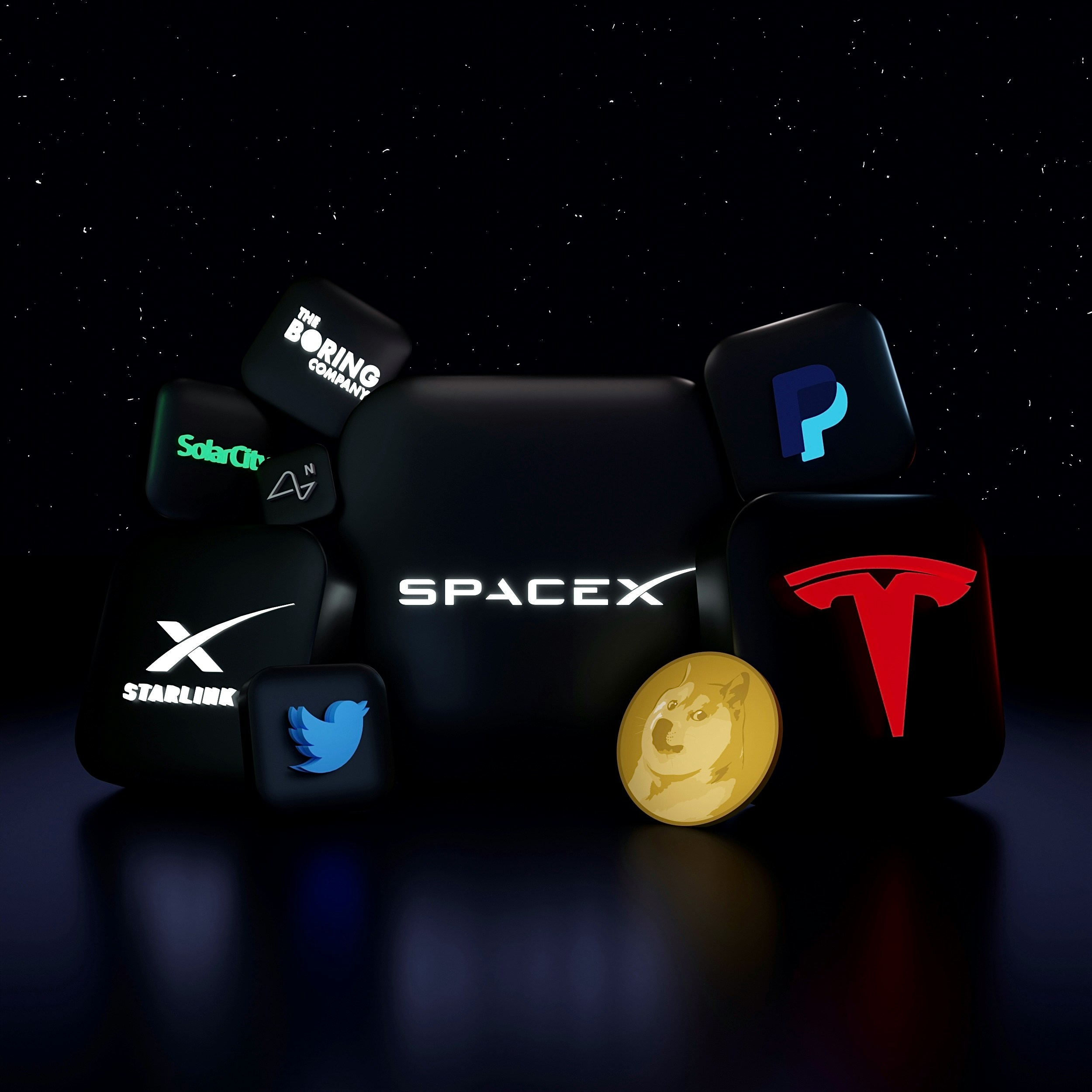What began as another public spar between two headline-dominating figures—Elon Musk and Donald Trump—has morphed into something more consequential: a potential unraveling of billions in federal contracts and a stock market shockwave. At its core, this feud underscores a deeper tension in America’s innovation economy: what happens when the symbiosis between state and private tech turns hostile?
The political fallout from Musk’s aggressive rebuke of the Senate-passed GOP tax-and-spending bill may cost him more than Twitter drama. With Trump openly threatening to revoke federal support and contract access for Musk’s companies, the feud exposes how vulnerable even the most powerful private ventures can be when built atop politicized subsidies and regulatory permissions. This is no longer about social media jabs. It’s about the economic logic of federal-tech entanglement—and what happens when the handshake breaks.
The Musk–Trump relationship has always been transactional. Musk benefited from the Trump administration’s space ambitions and deregulatory stance, while Trump basked in the glow of tech-futurist legitimacy that Musk brought to the table. But the recent legislative pivot—Trump’s rollback of Biden-era green energy subsidies—has drawn sharp fire from Musk, who accused Republicans of sabotaging American innovation.
Trump, in turn, lashed back with threats that veer from fiscal rhetoric to personal vitriol, suggesting Musk could be deported and his companies defunded. He framed Musk as the ultimate subsidy kingpin, claiming without federal support, Tesla and SpaceX would “close up shop and head back home to South Africa.” This hostility is no longer posturing. It risks triggering material consequences across capital allocation, market stability, and federal procurement trust.
Much of Musk’s empire relies—quietly but significantly—on government funding. SpaceX has secured billions from NASA, including contracts to return humans to the moon. These aren’t one-off grants; they are multi-year, high-dependency programs. Similarly, Tesla’s growth over the past decade has been bolstered by electric vehicle (EV) tax credits, regulatory credits, and supportive infrastructure policy.
If those contracts were suspended or reallocated—even partially—the capital and staffing implications could be massive. Procurement pipelines would shift. Investor confidence would wobble. And a precedent would be set: the White House can turn off the tap not just based on budgetary calculus, but personal grievance. That has ramifications far beyond Musk. Any company working at the intersection of innovation and public funding—from aerospace and AI to defense tech and clean energy—is now watching this feud for clues on political exposure risk.
The sharp 5.3% drop in Tesla’s stock following the escalation isn’t just about political headlines. Tesla is a top component of the S&P 500, embedded in the portfolios of millions of retirement accounts and passive index funds. When Tesla slips, so do countless 401(k)s, pensions, and ETFs. It’s a ripple effect that turns political friction into real household economic exposure.
Moreover, the slide came at a vulnerable time. Tesla is grappling with declining global sales—particularly a 28% plunge in Europe—and faces mounting competition in China. Its new Model Y rollout has not reversed the slump, and its robotaxi test in Austin has drawn regulatory scrutiny after erratic driving videos surfaced online.
That makes the political hit even more damaging. Musk needs regulatory goodwill and investor patience to navigate a rocky product cycle. This feud jeopardizes both.
While Trump wields the threat of contract retaliation, federal safety regulators pose a quieter but equally potent risk. The National Highway Traffic Safety Administration (NHTSA) has begun probing Tesla’s robotaxi program, citing safety concerns and requesting data on performance in low-visibility conditions.
This follows last year’s investigation into Tesla’s full self-driving (FSD) system after multiple accidents, including fatalities. If the current pilot in Texas falters, or if regulatory pushback intensifies, it could derail one of Musk’s most hyped business lines. What’s different this time is the compounding effect: investor fatigue, regulatory suspicion, and now political retaliation. In past cycles, Musk could survive one risk vector at a time. This time, they’re converging.
The irony is that Musk, once a symbol of public-private green innovation, now finds himself in open conflict with the very system that accelerated his growth. His criticism of the Republican bill may reflect real concerns—cutting green subsidies at a fragile moment for EV adoption is a valid policy debate. But his mode of engagement has triggered unpredictable retaliation.
What this reveals is a deeper fragility in America’s green industrial strategy. Policymakers from both parties have long touted public-private partnerships as the engine of clean energy transition and space leadership. But when those partnerships are subject to political mood swings and personal vendettas, the entire model becomes suspect.
If Trump—or any future administration—can weaponize contract access or regulatory enforcement against political foes, it chills participation from private innovators who depend on long-term state coordination.
Musk’s predicament is a cautionary tale in overexposure. By tying so much of his growth to government partnerships—while simultaneously baiting political leaders across the spectrum—he has created a risk profile that no boardroom would sanction.
It’s also a moment of reflection for investors and policymakers. The idea that innovation thrives best when government and private capital align assumes trust, neutrality, and continuity. This feud suggests none of those conditions are guaranteed when personalities eclipse policy. For sovereign wealth funds, infrastructure allocators, and institutional investors with exposure to Musk-linked equities or programs, the takeaway is clear: political ego is now a risk category. And resilience planning must account not just for regulatory change—but political volatility.
The Musk-Trump feud is no longer a sideshow. It’s a stress test of how vulnerable high-profile innovators are when public funding, stock value, and political favor become intertwined. Whether contracts get pulled or not, the message has been sent: in America’s new industrial landscape, personality risk is policy risk. And that recalibrates the capital logic for everyone.














